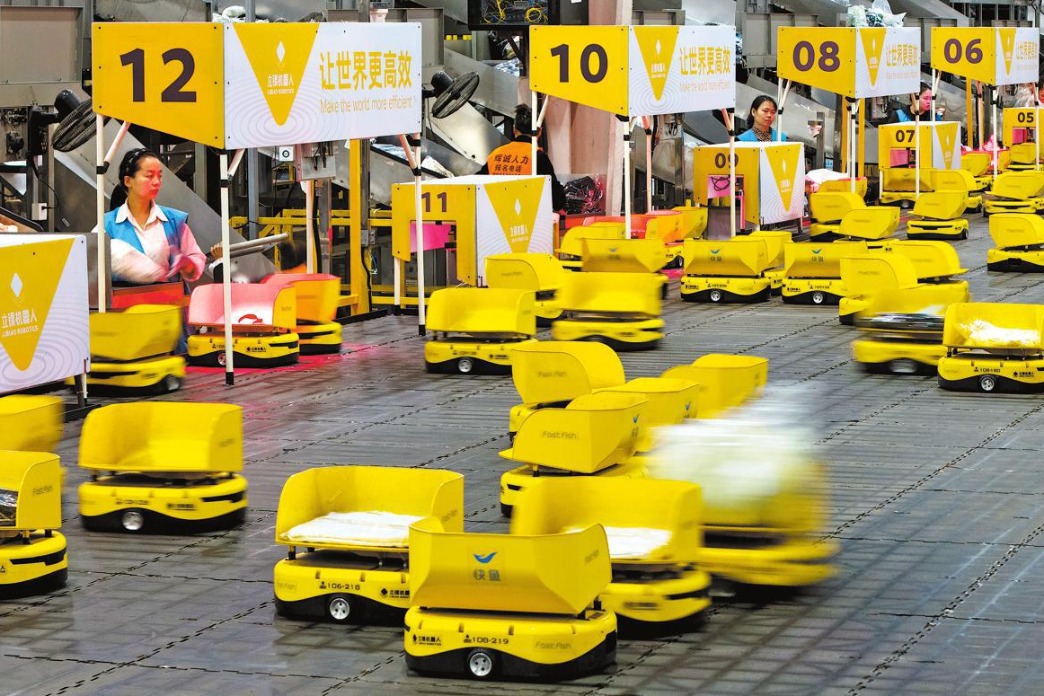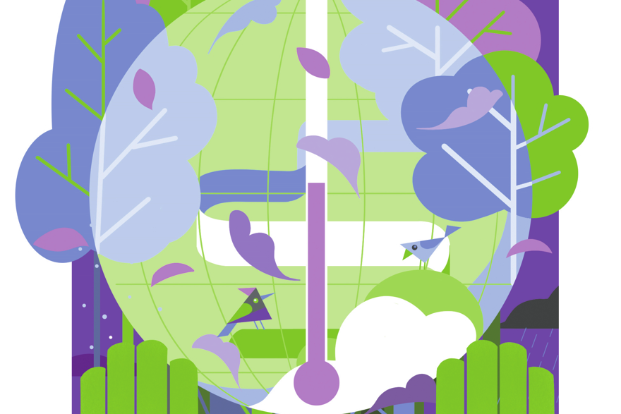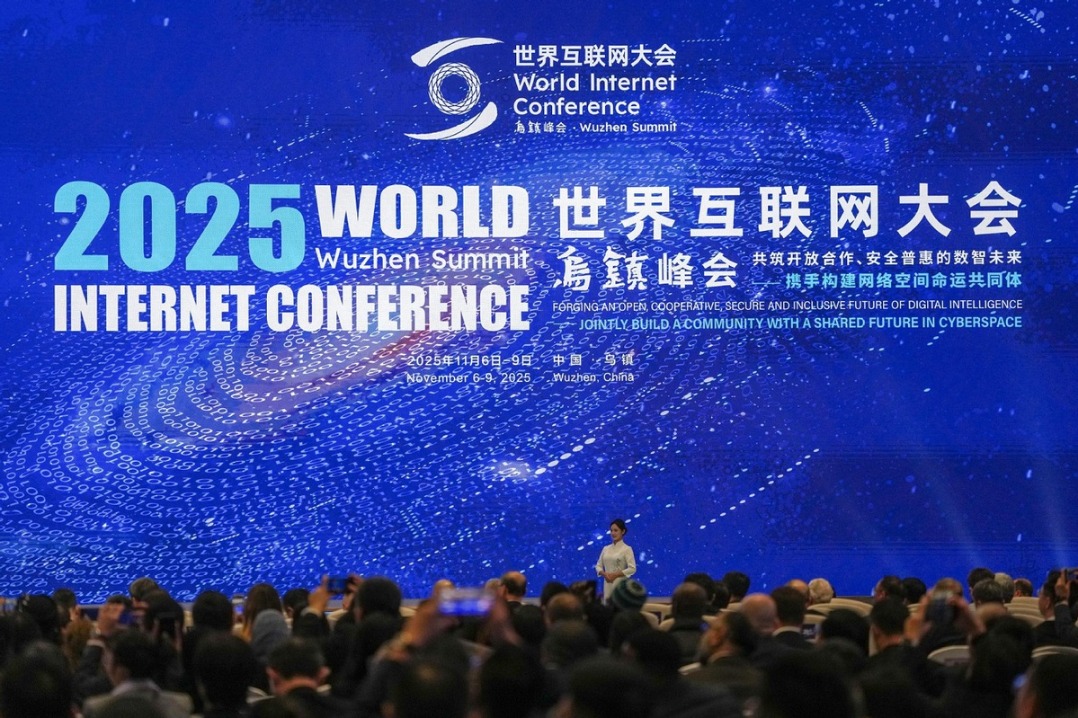Japan's debt trap claims ring hollow: China Daily editorial


In a thinly-veiled criticism of China's Belt and Road Initiative on Friday, Japanese Prime Minister Shinzo Abe accused China of burdening African countries with "excessive" debt. An accusation that the United States habitually airs in an attempt to smear the initiative and hinder China's cooperation with other developing countries.
Japan held a three-day conference on African development last week, aiming to boost its ties with African countries, and Abe seized the opportunity to warn African countries of the debt issue, alleging that "if partner countries are deeply in debt, it interferes with everyone's efforts to enter the market".
Abe's remarks were widely perceived as being critical of China's cooperation with Africa under the Belt and Road Initiative. By doing so, the Japanese leader totally disregarded previous clarifications from leaders of African countries denying the so-called debt trap.
Abe also seems to have forgotten, that Western countries and major international institutions lend more money to African nations than China does. Statistics show Africa owed some 36 percent of its total external debt to the International Monetary Fund and the World Bank in 2018.
Meanwhile, China's loans to the continent only comprise a small fraction of Africa's total debt. According to a study by the China Africa Research Initiative at Johns Hopkins University, it accounted for merely 1.8 percent from 2000 to 2016.
On Friday, in response to Abe's rhetoric, African Development Bank President Akinwumi Adesina brushed aside the claim that China is aggregating Africa's debts. Adesina, instead, urged Japan and China not to compete, but instead play "complementary roles" in meeting Africa's huge demand for infrastructure.
Indeed, there are bright prospects for international partners to join hands with each other in improving the outdated infrastructure in the African continent. According to Adesina, Africa today has a financing gap of $68 billion to $108 billion a year for power, ports, rail, and airports.
Abe's stance, however, is not conducive to cultivating a harmonious atmosphere for cooperation over Africa.
Western countries, Japan included, should discard the mentality of viewing China's cooperation with African countries as a zero-sum game. There is ample scope for them to work together in helping Africa develop.
Abe should adhere to the consensus reached in his meeting with President Xi Jinping ahead of the G20 Summit in Osaka, in which he viewed the Belt and Road Initiative as a promising way to link diverse regions and said Japan was willing to work with China to achieve solid results in third-party market cooperation.

































